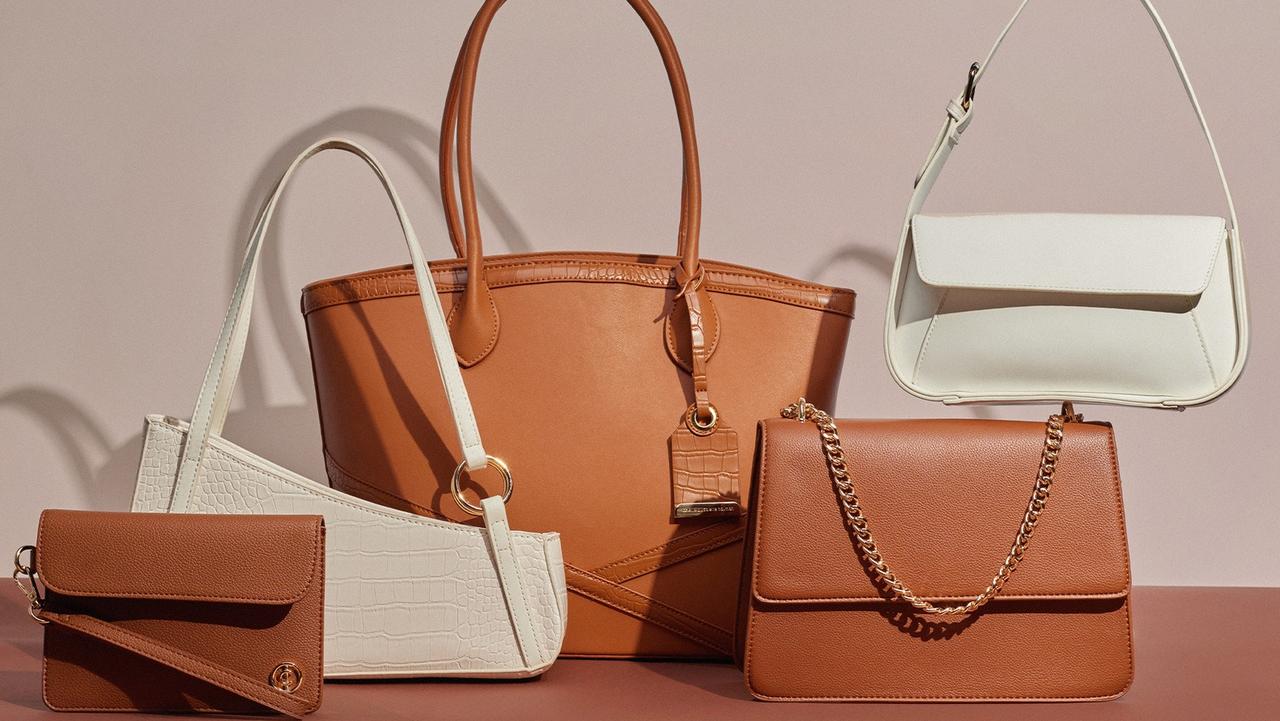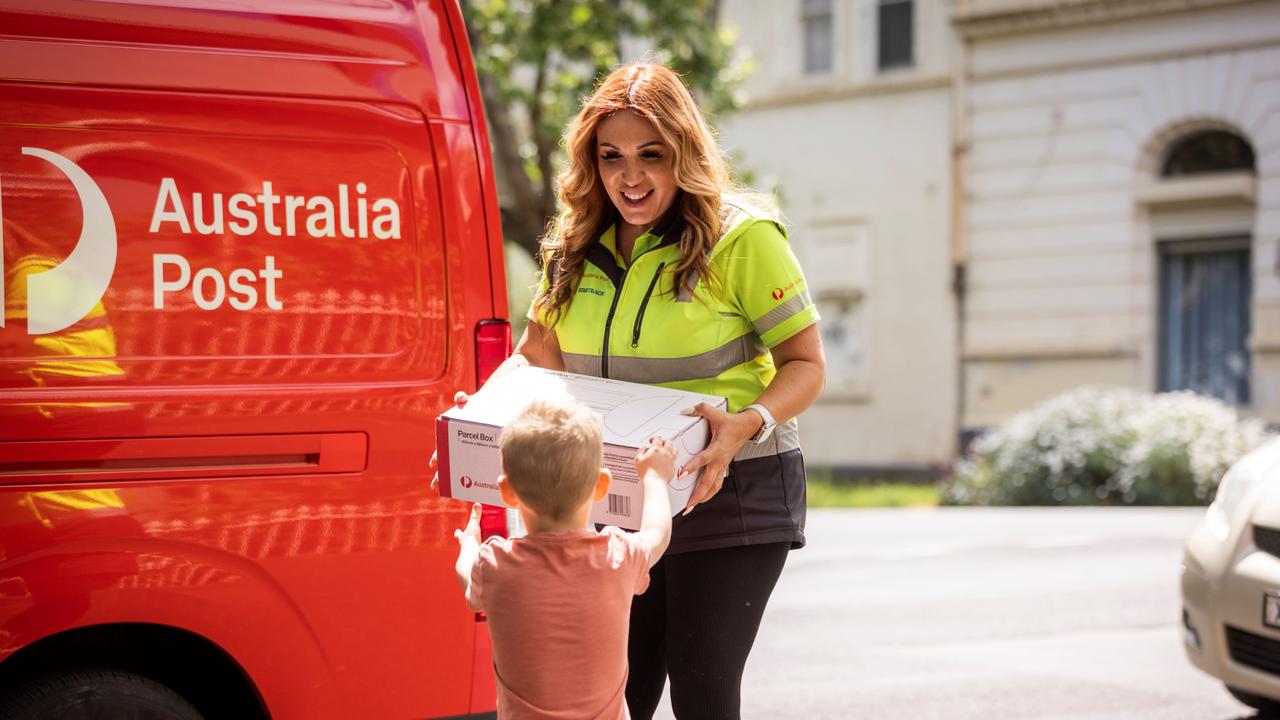New report on supermarket prices reveals where it is 25 per cent cheaper to buy groceries
Mystery shoppers were sent into supermarkets across the country to find the store where it is 25 per cent cheaper to do your weekly shop.

Retail
Don't miss out on the headlines from Retail. Followed categories will be added to My News.
New research has revealed which major supermarket has the cheapest groceries nationwide.
Consumer group CHOICE has released its first quarterly report on supermarket prices across Australia, revealing Aldi’s basket was cheaper than Coles or Woolworths.
The Albanese government in January commissioned the survey to be conducted quarterly for the next three years as it responded to growing anger at supermarkets and growing costs.
In March, 81 mystery shoppers were sent to regional and metropolitan supermarkets across the country to record prices for 14 common grocery items.
Aldi, which does not have stores in Tasmania or the Northern Territory, came out on top.
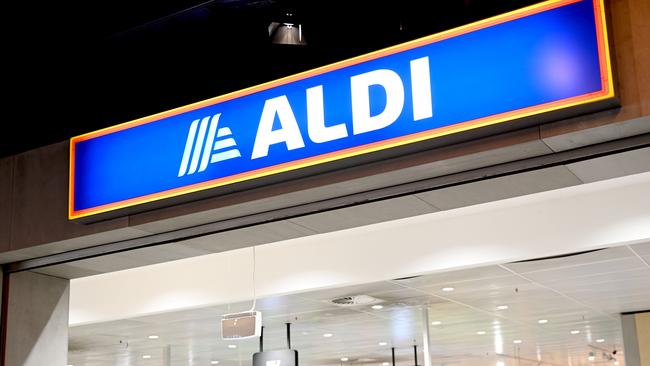
CHOICE chief executive Ashley de Silva said Aldi was the “clear leader on value for money”.
“The basket of 14 products costing just $51.51 – coming in at about 25 per cent cheaper than Coles or Woolworths,” Mr de Silva said.
“Grocery prices at Coles and Woolworths are very closely matched, with only 75 cents separating the prices of our basket of 14 items without specials.”
Coles ended up being the most expensive, costing $69.33, while the Woolworths products came in at $68.58.
The research found location can make a large difference when it comes to the cost of groceries.
Mr de Silva said comparing states, people living in Tasmania or the Northern Territory were found to be paying “significantly more” each week for groceries.
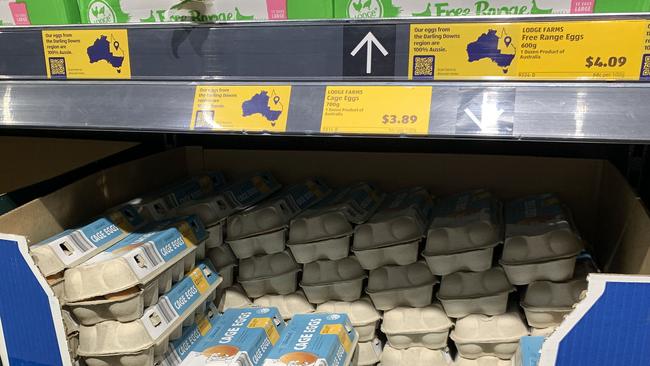
“However, this is mainly due to the fact that these areas have more limited options for shopping than the rest of the country, with no Aldi in Tassie or the NT,” he said.
“Outside of the Northern Territory and Tasmania, Western Australians are paying the most on average for their groceries – around a dollar more for this basket of items than people in other parts of the country pay.”
The average basket in Victoria cost $62.85, with Aldi the cheapest at $51.52, while Woolies and Coles were higher, with almost no difference at $68.66 and $68.36 respectively.
In NSW, the average basket cost $63.22 where again Aldi was significantly lower at $50.82 compared with Woolies on $69.04 and Coles on $69.80.
While in Queensland, the average basket was $62.82, with Aldi on $51.52. Again just cents separated the baskets from Woolies ($68.23) and Coles ($68.70).
The undercover shoppers were sent to 81 locations, including 27 Woolworths supermarkets, 27 Coles stores, 23 Aldi shops and 4 IGA stores.
The stores were located in 27 locations, with mystery shops at IGA taking place when there were no Aldi supermarkets to compete with Coles and Woolworths.
Shoppers recorded regular prices as well as special prices, with locations chosen to give coverage of socio-economic status based on ABS indexes.
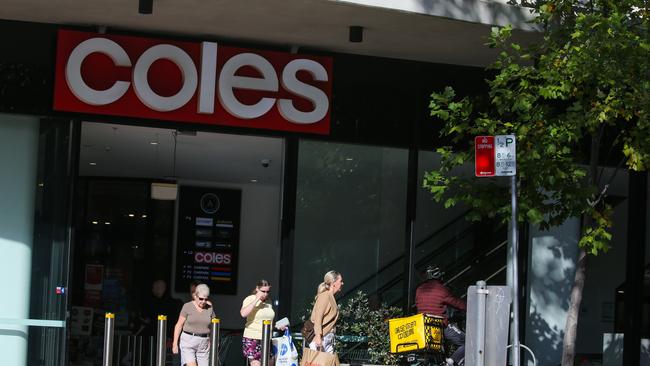
The grocery basket consisted of 14 items, 12 of which were packaged products, either a national brand or comparable supermarket brand, with two fresh fruit and vegetable items.
The items included were: apples, carrot, Weet-Bix, sliced white bread, flour, penne, white sugar, tea bags, tinned diced tomatoes, block of tasty cheese, full cream dairy milk, frozen peas, beef mince and butter.
CHOICE will continue to conduct supermarket price research every quarter for at least the next three years in the hopes of helping shoppers stay on top of where they can find the cheapest groceries.
“This kind of transparency is more important than ever as the cost of living crisis continues, and prices of basic grocery items climb,” Mr de Silva said.
“Competition is the consumer’s friend. Economics teaches us that monopolies tend to overcharge and underdeliver.”
Federal Competition Minister Andrew Leigh said the government welcomed the report.
“This is about making our supermarkets as competitive as they can be so Australians get the best prices possible,” he said in a statement.
“Australians are under cost-of-living pressure, and we know that a lot of that pressure is piled on at the cash register.
“This research will help consumers make more informed choices so they can get cheaper prices at the checkout.”
Former Labor minister Craig Emerson was appointed to review the Food and Grocery Code of Conduct to determine if it is effective in improving the conduct of supermarkets towards their suppliers.
His final report is due to be handed over soon.
Originally published as New report on supermarket prices reveals where it is 25 per cent cheaper to buy groceries




